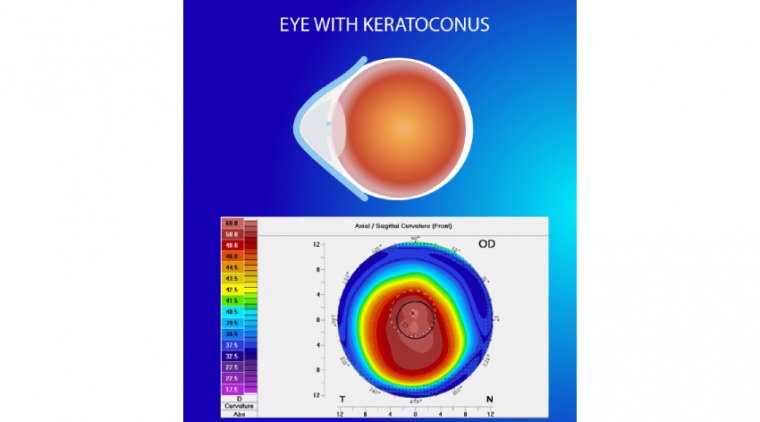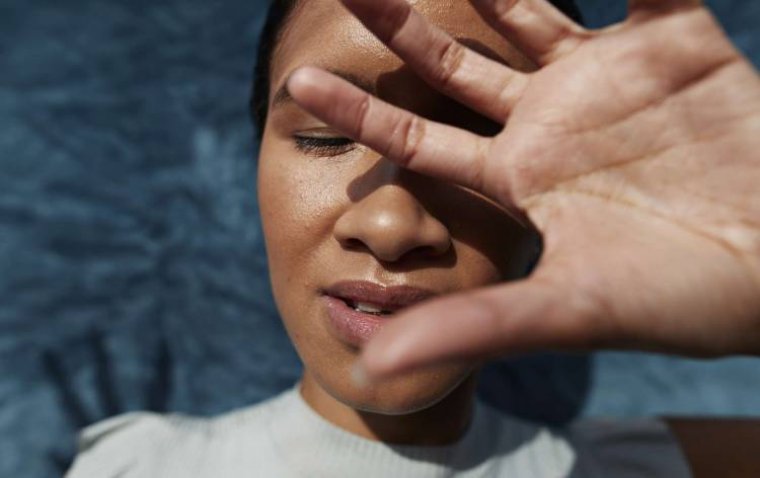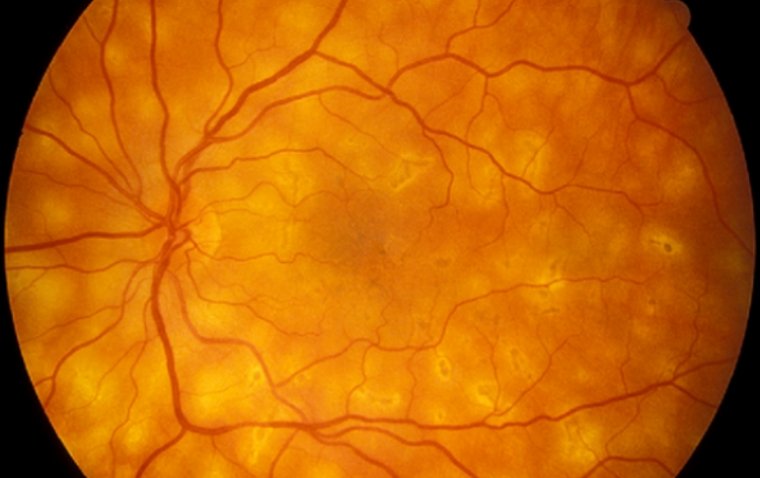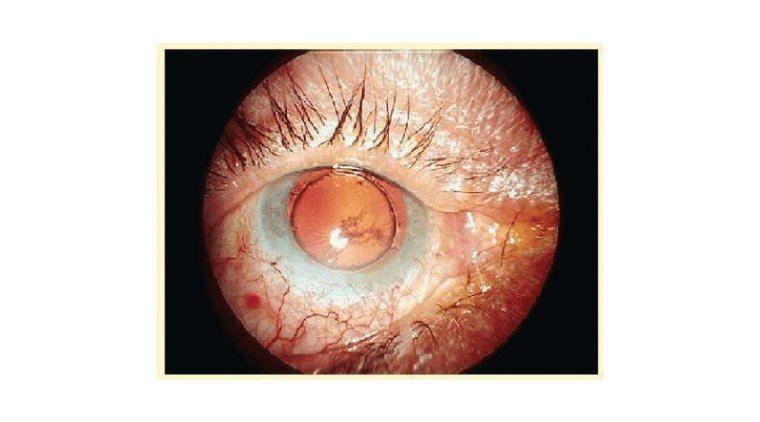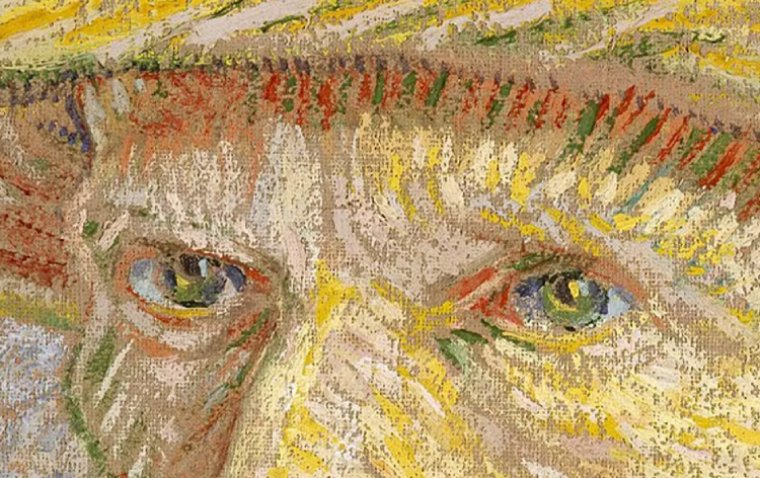
Windows to the Soul: Exploring the Symbolism of Eyes in Art
| Table of Content |
| Eyes as Portals of Emotion |
| The All-Seeing Eye |
| Eyes as Symbol of Identity |
| Eyes as Metaphors for Perception |
| The Power of the Gaze |
Art has long been a medium through which emotions, ideas, and messages are conveyed. Among the various elements used in artistic expression, the depiction of eyes holds a special place. The eyes, often referred to as the windows to the soul, have captivated artists throughout history.
In this article, we delve into the symbolism of eyes in art, exploring their significance and the diverse meanings they convey.
1. Eyes as Portals of Emotion
In many artworks, eyes are depicted as powerful conveyors of emotions. The subtle nuances of a gaze, the intensity of a stare, or the melancholy in a pair of eyes can evoke a wide range of emotions within the viewer. Artists skillfully capture the depth and complexity of human emotions through the portrayal of eyes, allowing us to connect with the subjects on a profound level.
"The Mona Lisa" by Leonardo da Vinci is a great example of this. The enigmatic smile and the subtle gaze of the subject's eyes evoke intrigue and a sense of mystery, inviting viewers to interpret the emotions behind the smile.
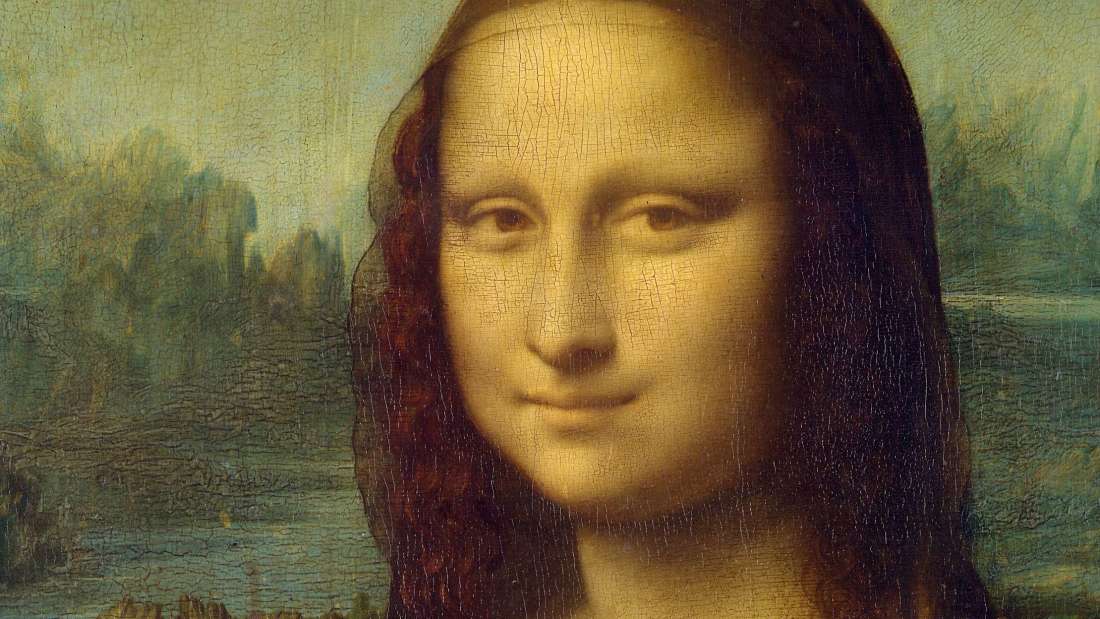
2. The All-Seeing Eye
In certain cultures and religious traditions, the concept of the all-seeing eye has profound symbolic meaning. Often associated with divinity or higher consciousness, the all-seeing eye represents omniscience, wisdom, and spiritual insight. Artists have incorporated this symbol into their works, suggesting a deeper understanding or universal awareness beyond the physical realm.
“The Eye of Horus” in ancient Egyptian art symbolizes this. The symbol of the eye represents protection, royal power, and good health.
.jpg)
3. Eyes as Symbol of Identity
Eyes play a significant role in defining a person's identity. They serve as a unique feature that distinguishes individuals from one another. Artists depict eyes as a means of highlighting individuality, capturing the essence and personality of the subjects. Through the intricacies of eye depictions, artists convey the complexity and diversity of human existence.
"Self-Portrait with Two Circles" by Rembrandt: The artist's deeply introspective eyes reflect his inner thoughts and personal journey, capturing his unique identity and self-perception.
.jpg)
4. Eyes as Metaphors for Perception
The act of seeing and perceiving is a fundamental aspect of human experience. Eyes in art can symbolize not only literal vision but also metaphorical perception. They represent the ability to perceive the world, gain insights, and develop a deeper understanding of oneself and others. Artists employ this symbolism to explore themes of self-discovery, enlightenment, and personal growth.
"The Persistence of Memory" by Salvador Dalí: The melting clocks and the distorted eyes in the painting suggest the fluidity of perception and the subjective nature of time.

5. The Power of the Gaze
The gaze of a subject in an artwork can be captivating and evocative. Artists utilize the gaze of their subjects to establish a connection with the viewer, creating an intimate and immersive experience. The direction of the gaze can evoke curiosity, intrigue, or even a sense of discomfort. Through the gaze, artists invite us to explore their world and share in their narratives.
"Girl with a Pearl Earring" by Johannes Vermeer: The direct and engaging gaze of the subject creates a sense of intimacy and connection, drawing viewers into her world.
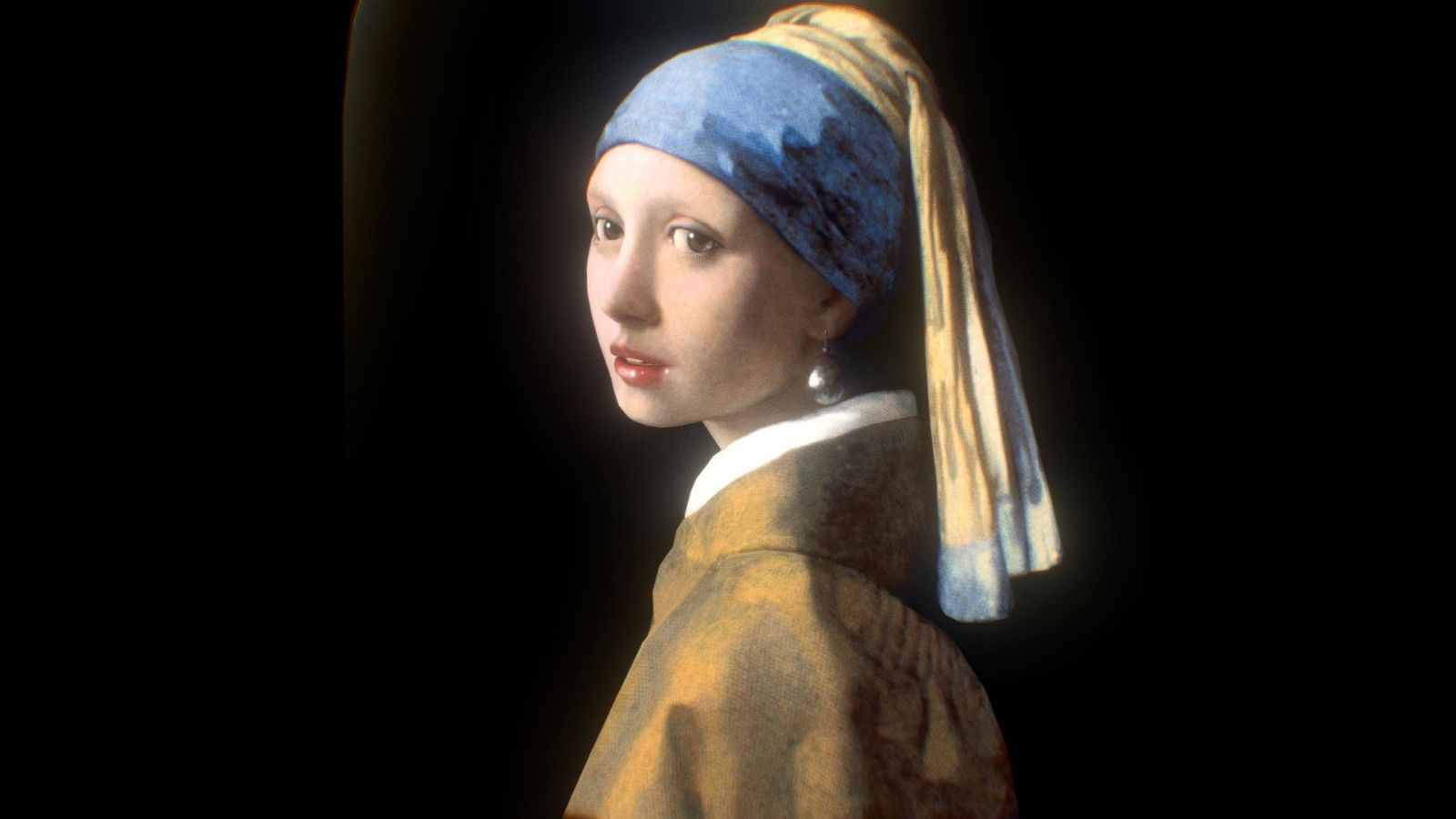
To Sum Up…
The symbolism of eyes in art is rich and multifaceted, reflecting the depths of human emotion, spirituality, identity, perception, and connection. Artists throughout history have harnessed the power of eyes to convey powerful messages and engage viewers on both a visual and emotional level. The eyes truly are windows to the soul, inviting us to contemplate the mysteries of human existence and glimpse the profound depths of the artistic imagination.
(1).jpg)

